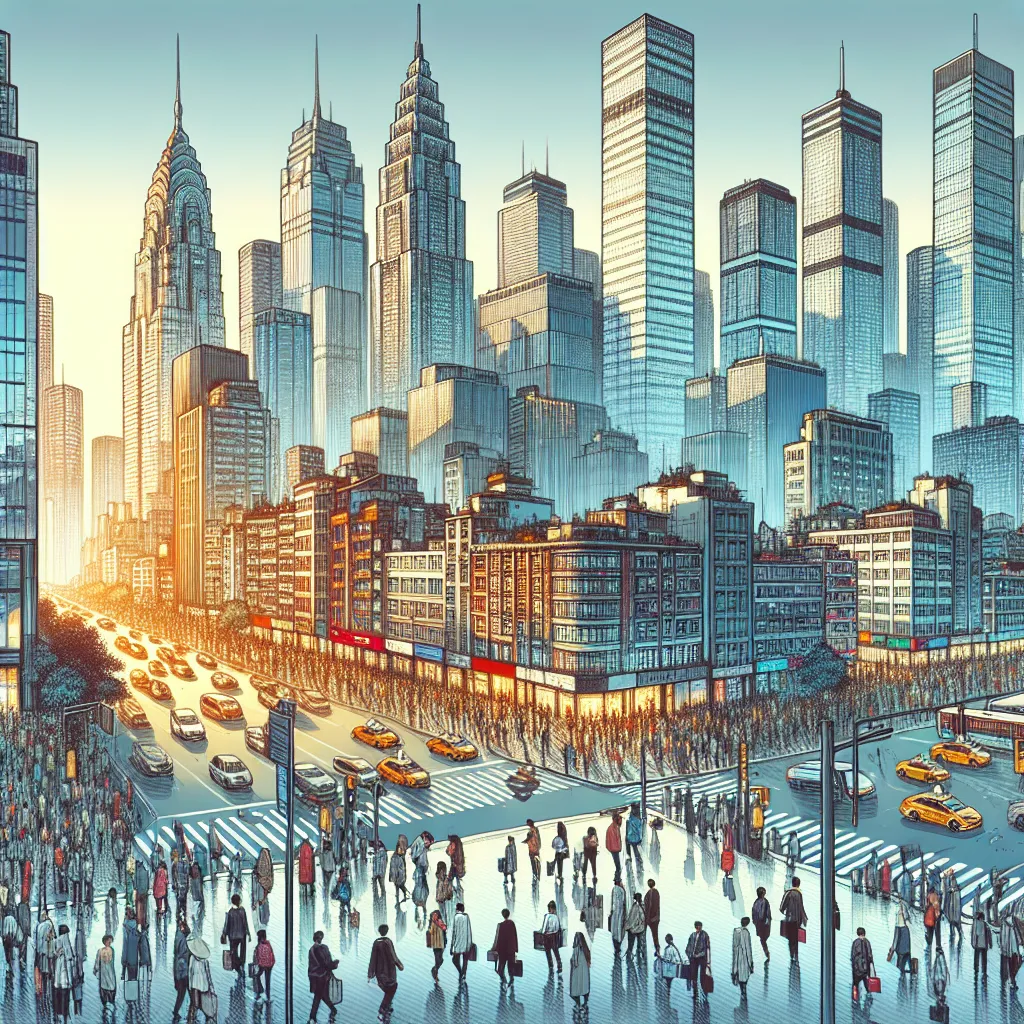The real estate market is like a bubble, the regulator stated in 2008.

New York, CNN - Sheila Bair, who has been watching the sub-prime mortgage crisis, fears that today's housing market is getting incredibly hot. According to the National Association of Realtors, the median price for an existing home was just $278,200 in August 2019. By this August 2023, that number has risen to $407,100.
"There's talk of the proximity of a bubble. It's a classic supply and demand imbalance," Baer told CNN in a phone interview.
Baer, who had a regulatory role as a federal regulator during the bursting of the housing bubble in the 2000s that nearly destroyed the entire financial system, believes today's home prices have "ballooned" after years of record-low mortgage' 'bets.
A housing bubble can form when prices reach unsustainable levels. It can be caused by speculative buying, as was the case during the sub-prime mortgage crisis when people, unable to make monthly mortgage payments, bought homes with very small down payments. The bubble burst when home prices fell and many people found themselves owing more than their home was worth. A bubble can also be caused by irrational elation when a surge in prices leads to a buying frenzy.
"When rates were lower, many people wanted to buy. As a result, there were sharp price increases. It was pretty predictable,'' said Bair, who led the Deposit Insurance Commission from July 2006 to July 2011'' 'challenging for many Americans. Although mortgage interest rates have risen to an average of 7.49%, some cities are still experiencing rapid home price growth. Over the past year, the median home price rose 23.8% in Los Angeles, 18.2% in San Diego, 15% in Richmond and 14.6% in Cincinnati, according to Realtor.com.
Fears and predictions
"It would be nice for this bubble to go down a little bit," Bair said. "People who already own property, and I'm like that myself, wouldn't want to hear about it. But for those who want to become homeowners, I hope that home prices do come down. "
The good thing is that Bair doesn't see a repeat of the housing bubble that burst in the 2000s, which caused the Great Recession. This is due in part' 's that the average homeowner today has more equity than the homeowner did at the time. In September, only 2% of all mortgaged properties, or 1.1 million homes, were over the value of the mortgage, according to CoreLogic's analysis. That's a small number compared to the share of properties underwater during the subprime mortgage crisis, which reached 26% in the fourth quarter of 2009, according to CoreLogic's analysis of the cost of equity since the third quarter of 2009.
In addition, mortgage origination standards are much tighter today, which means fewer people are borrowing more than they can afford. "I see a lot less speculation in the housing market today, thank goodness," Bair said. And unlike in the 2000s,' 'Current homeowners have accumulated a significant amount of equity.
14 May 2025
14 May 2025
14 May 2025




Different predictions
Legendary investor Jeremy Grantham shares Baer's concerns about the housing bubble. He warned of a potential slide in housing prices around the world. "Real estate is a global bubble," Grantham said on the Compound and Friends podcast last month. "Housing prices are going to fall ... 30% would be a pretty good prediction.".
Other Wall Street officials, however, are confident that home prices will continue to rise. Despite high mortgage rates, Goldman Sachs' 'expects U.S. home prices to rise 1.8% this year and then accelerate to 3.5% in 2024. Similarly, CoreLogic forecasts that home prices will rise 4.3% from June 2023 to June 2024.
Although UBS acknowledges that home prices have jumped to "glacial heights" in recent years, the bank believes the risk of a housing bubble only exists in two cities globally: Zurich and Tokyo. That's down from nine cities a year ago. Miami, Los Angeles, Toronto and Vancouver are among the cities that UBS believes are in "overbought" territory.
Fannie Mae CEO Priscilla Almodovar said it's "unusual" that high mortgage interest rates haven't had much of an impact on home prices. "The most unexpected thing is the resilience of prices on the' 'an enclosure for the rich. I hope America doesn't go in that direction," he said.
In many ways, today's housing market is the exact opposite of the one that preceded the Great Recession. Back then, the careless provision of mortgages helped create a situation where demand became artificially strong. It eventually collapsed and the market became overcrowded. "Today we have the opposite imbalance. Too much demand, not enough supply," Yun said.
The National Association of Realtors estimates that housing supply would have to roughly double to stabilize home prices. "This creates social inequality. The only way out of this is to increase the supply of housing," Yun said.
Comment
Popular Offers

Subscribe to the newsletter from Hatamatata.com!
Subscribe to the newsletter from Hatamatata.com!
I agree to the processing of personal data and confidentiality rules of Hatamatata








